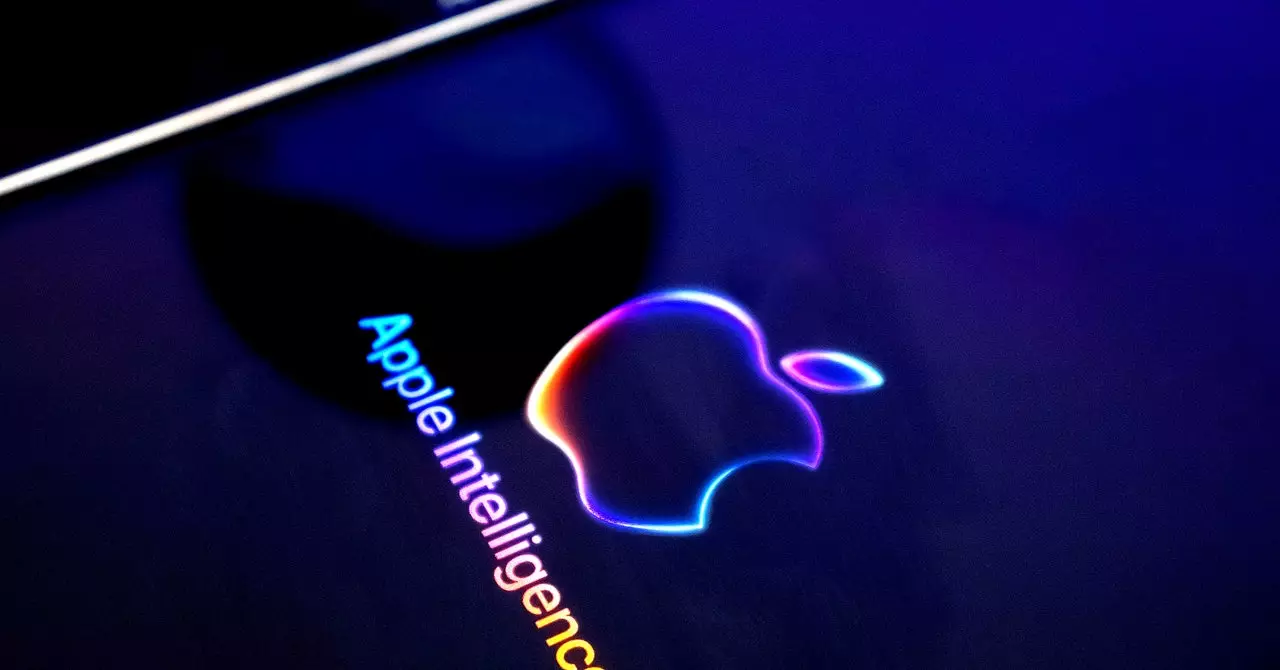When it comes to smartphone AI features, companies like Google and Samsung highlight that privacy and security are at the forefront of their approach. According to VP Justin Choi from Samsung Electronics, their hybrid AI technology ensures that users have control over their data and guarantees uncompromising privacy. This claim is supported by the fact that on-device AI features do not rely on cloud servers, making it secure by performing tasks locally on the device without storing or uploading data.
Google, on the other hand, emphasizes the security measures taken in their data centers to protect user data. These measures include physical security, access controls, and data encryption. The company ensures that when processing AI requests in the cloud, data remains within secure Google data centers without being shared with third parties. Additionally, Samsung’s AI engines are not trained with user data from on-device features, demonstrating a commitment to user privacy.
To give users more control over their data, Samsung has introduced a new security and privacy option called Advanced Intelligence settings, which allows users to disable cloud-based AI capabilities. This gives users the choice to limit data sharing and enhance their privacy settings according to their preferences. Google also highlights its long history of protecting user data privacy, especially when it comes to sensitive cases such as screening phone calls where data is kept on the device without being shared externally.
In contrast to Google and Samsung’s approach, Apple has taken a different stance on AI privacy by prioritizing on-device processing and privacy-first principles. This strategy has been praised for setting a new standard in the smartphone AI industry, emphasizing how data is processed rather than where it is stored. However, Apple’s recent partnership with OpenAI has raised concerns about compromising user privacy, as it involves sharing queries with ChatGPT and potentially storing user data.
Although Apple refutes claims that the OpenAI partnership compromises user security, the decision to collaborate with an external vendor has sparked debates about data privacy. The company assures that privacy protections are built into the ChatGPT system and users will be asked for permission before sharing queries. However, concerns remain about data use policies and the potential implications of partnering with another company in terms of user privacy.
Privacy and security are crucial factors to consider when evaluating smartphone AI features. Companies like Google, Samsung, and Apple have different approaches to addressing these concerns, whether through on-device processing, enhanced privacy settings, or strategic partnerships. While advancements in AI technology offer many benefits, it is important for users to be aware of the privacy implications and make informed decisions about their data sharing preferences. Ultimately, the responsibility lies with companies to prioritize user privacy and data protection in their AI features.


Leave a Reply
You must be logged in to post a comment.